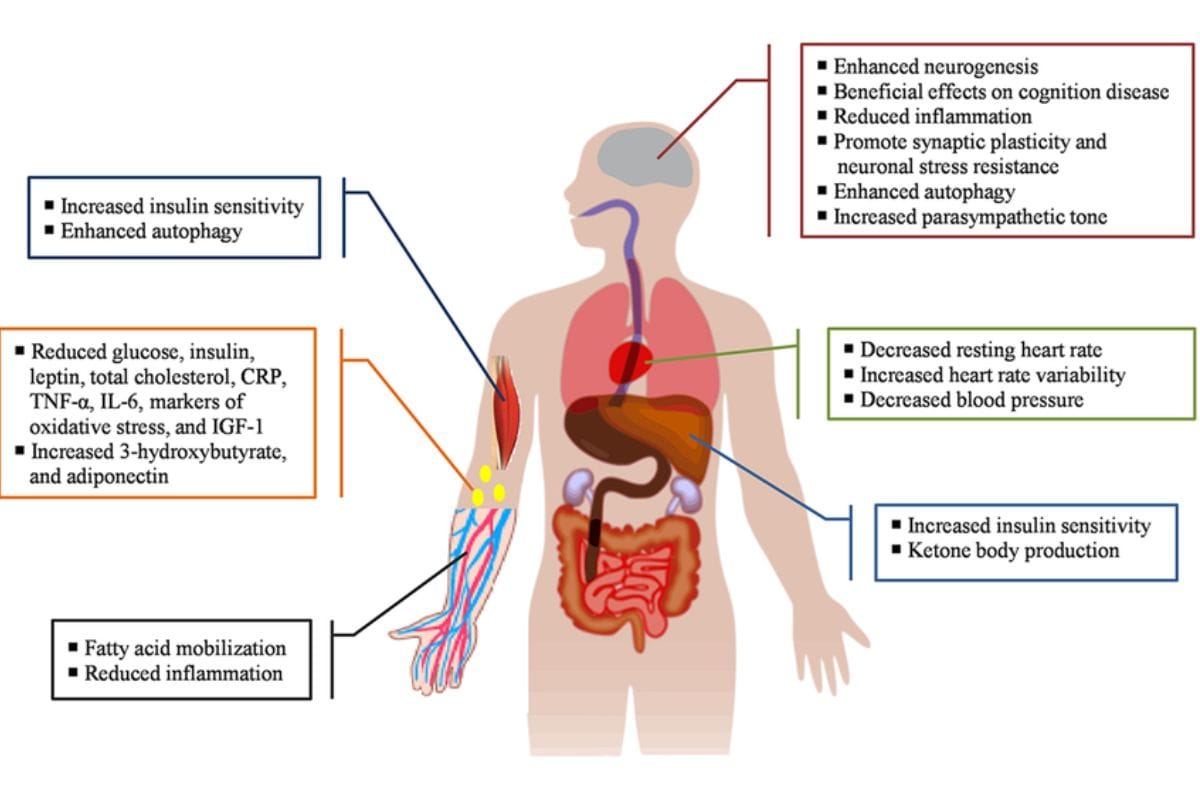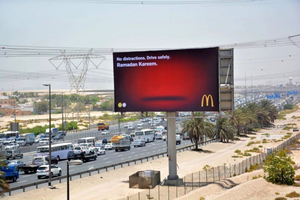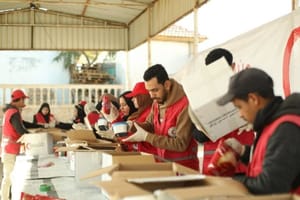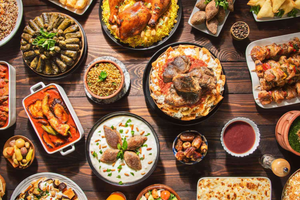Fasting during Ramadan is one of the most important pillars of Islam. It’s a time when Muslims around the world refrain from eating and drinking from dawn to sunset, not only as a religious duty but also as a way to practice self-discipline, gratitude, and spiritual reflection. It’s a month deeply rooted in faith, community, and personal growth.
But beyond the spiritual and social dimensions, fasting also has a significant impact on the body. In recent years, science has begun to explore what actually happens inside us during those long fasting hours and the findings are both fascinating and insightful.
From shifts in energy use and hormone levels to changes in metabolism and mental clarity, the body goes through a carefully balanced process of adaptation. Understanding this process can help people approach fasting more mindfully, making the experience more meaningful and healthier.
Let’s take a closer look at the science of fasting and how the body responds during Ramadan.
What Happens to the Body During a Fast?
When we fast during Ramadan, the body shifts from a state of energy intake to energy conservation and adjustment. This isn’t a sudden shock—it’s a gradual, built-in process that humans have adapted to over centuries. Here's what typically happens during the fasting hours:
- First Few Hours (After Suhoor):
The body begins by using the glucose from your last meal as its primary energy source. This is the most familiar fuel for the body, and it’s used up over the next 4 to 6 hours.
- 6 to 12 Hours (Glycogen Breakdown):
As the glucose from the last meal runs low, the body taps into stored glycogen (a form of glucose stored in the liver and muscles). This helps maintain steady energy levels without needing new food intake.
- 12 to 16 Hours (Fat as Fuel):
Once glycogen stores start to run out, the body slowly switches to burning fat for energy. This process is called lipolysis. It’s a natural metabolic shift that helps the body become more efficient at using its own resources.
- Hormonal Adjustments Begin:
During fasting, insulin levels drop, which helps facilitate fat-burning. At the same time, hormones like glucagon and growth hormone increase to maintain energy and support muscle repair. Cortisol, the stress hormone, may rise slightly to help the body stay alert.
- Mental Shift and Focus:
Many people report increased mental clarity after the first few days of fasting. This is partly due to more stable blood sugar levels and the body adapting to using ketones (produced during fat breakdown) as a source of brain fuel.
This natural progression is safe for most healthy individuals, and it's one of the reasons fasting can be both a physical cleanse and a mental reset.
The Body’s Adaptation Over the Month
Fasting during Ramadan is a 30-day journey. And during this time, the body gradually adjusts, becoming more efficient and balanced with each passing week.
- First Few Days: The Adjustment Phase
This is when the body feels the shift most noticeably. Hunger pangs, mild headaches, and lower energy levels are common as the body switches from constant food intake to longer fasting windows. Hydration can also be a challenge as the body adjusts to limited water throughout the day.
- End of Week One: Energy Rebalances
The body begins to stabilize. Hunger hormones like ghrelin start to settle, and the brain gets better at using fat-derived ketones for energy. Many people report feeling lighter, more alert, and surprisingly steady throughout the day.
- Week Two and Three: Metabolic Efficiency
The body becomes more metabolically flexible—able to switch smoothly between using stored energy and food energy. Appetite often reduces during the day, and digestion becomes more efficient, especially when meals at suhoor and iftar are balanced and nourishing.
- End of the Month: Physical and Mental Clarity
By the final week, the body has adjusted well. Blood sugar levels are more stable, digestion has improved, and the overall feeling is often one of balance. Many people describe a heightened sense of focus, clarity, and control—both mentally and physically.
What starts as a challenge becomes routine. By the end of Ramadan, the body is not just enduring the fast—it’s working with it.
Scientific Benefits of Fasting

Fasting has been practised for spiritual reasons for centuries, but science is now showing that it also brings a range of physical and mental health benefits—especially when done regularly, like during Ramadan. While individual results vary, many of the body’s responses to fasting have measurable, positive effects.
- Fasting can improve the way your body responds to insulin, which helps regulate blood sugar and reduces the risk of developing type 2 diabetes over time.
- When the body starts burning fat for energy, it can support healthy weight loss—especially if meals during Ramadan are balanced and not overly processed.
- During fasting, cells enter a natural clean-up mode where they repair themselves and get rid of damaged parts. This helps the body function better overall.
- Some research suggests fasting may help lower inflammation in the body, which is linked to better heart health and reduced risk of chronic illness.
- After the initial adjustment, many people notice better focus and mental clarity while fasting. This is partly because the brain starts running on a more stable energy source.
- With fewer meals in a day, the digestive system gets time to rest. This can lead to improved digestion and a lighter feeling in the stomach.
Risks You Might Have Faced While Fasting
While fasting has many benefits, it can also come with a few challenges—especially if hydration, sleep, and nutrition aren’t balanced well. Many people expect to feel lighter and more focused during Ramadan, but the reality can sometimes be the opposite.
- Feeling constantly tired or lethargic. This often happens when suhoor lacks complex carbs or enough hydration, or when sleep is disrupted due to late iftar meals and early mornings. The body may struggle to regulate energy without steady rest and proper fuel.
- Dehydration is one of the most overlooked risks during Ramadan. Not enough water between iftar and suhoor can lead to fatigue, headaches, dry skin, and poor concentration the next day.
- Eating heavy, fried, or sugary foods after breaking the fast may leave you feeling sluggish instead of energised. The body works harder to digest these meals, pulling energy away from the rest of the system.
- Low iron or vitamin deficiencies can become more noticeable if your meals don’t include enough variety. Feeling weak or sleepy could be a sign that your body isn’t getting the nutrients it needs.
- Sleep disruption, especially from staying up late or waking early for suhoor, can cause daytime drowsiness and mess with your internal body clock. Even small changes to sleep cycles can build up over the month.
Fasting during Ramadan is both a spiritual commitment and a physical journey. While it brings moments of clarity and renewal, it also asks us to be more aware of how our bodies respond. Some days may feel energising, others exhausting—but each one is a reminder of the balance we’re meant to find.
Understanding the science behind fasting helps us approach it with more care, awareness, and intention. And even as the month comes to an end, these insights can carry forward—guiding how we eat, rest, and care for our health beyond Ramadan.
Also Read:



















